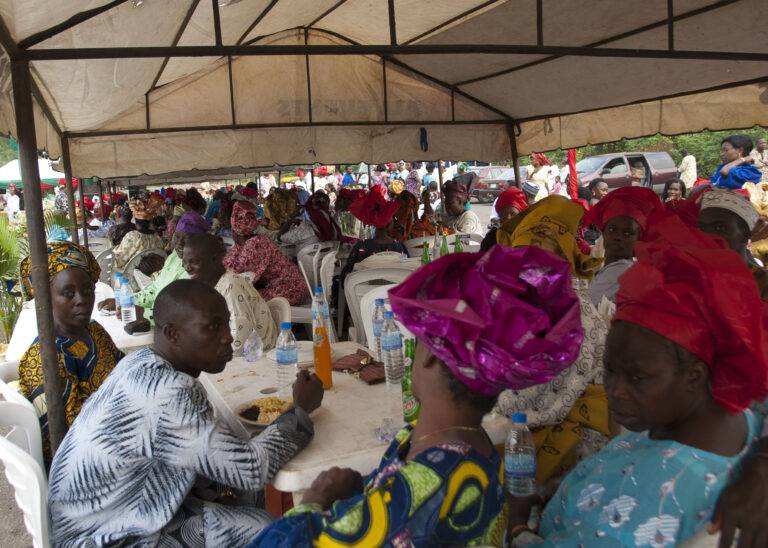Nigerian parties, traditionally known for their lavish displays of food and drinks, including water, are being scaled back as economic pressures mount. Hosts, who often use parties to showcase their wealth, are now feeling the pinch alongside the rest of the population.
The rising cost of living has led to a significant reduction in the frequency and extravagance of celebrations. Those who still host parties are cutting costs, as evidenced by the reduced quantity of water served to guests. Instead of the customary 1.5-liter or 75cl bottled water, many hosts now opt for 33cl bottles.
Businessman Mr. Favour Obadiah recently experienced this firsthand during his child’s dedication party. “When I visited the drink store, I was told a pack of 75cl bottled water is N2,100. Expecting over 50 guests, I chose the 33cl bottles to cut costs,” he explained, noting the other expenses he needed to cover.
Banker Mrs. Chiwendu Thompson also observed this trend, having been served 33cl bottled water at two high-profile events this year. “Everyone is trying to cut costs to avoid bankruptcy. Many hosts now provide 33cl bottled water and soft drinks in takeaway bags instead of a buffet,” she said.
Civil servant Mrs. Adepeju Ifada attributed the shift to the rising prices of essential goods, particularly water. “The increasing costs have forced most party hosts to serve guests 33cl bottled water. It’s the new trend at parties,” she noted, adding that hosts now closely manage guest lists to stay within budget.
Bottled water distributor Mr. James Okpana highlighted the price hikes. “A pack of 1.5-liter bottles now costs between N4,800 and N5,000, up from N1,900. The 75cl packs cost around N2,000, up from N800. The 33cl bottles, previously unpopular, now range from N2,300 to N2,700 per pack,” he said. Okpana explained that rising costs of power, logistics, maintenance, and production materials have driven up prices, leading many to switch to more affordable sachet water.
This trend reflects the broader economic struggles facing Nigerians, forcing even the affluent to adopt more frugal habits in their celebrations.

